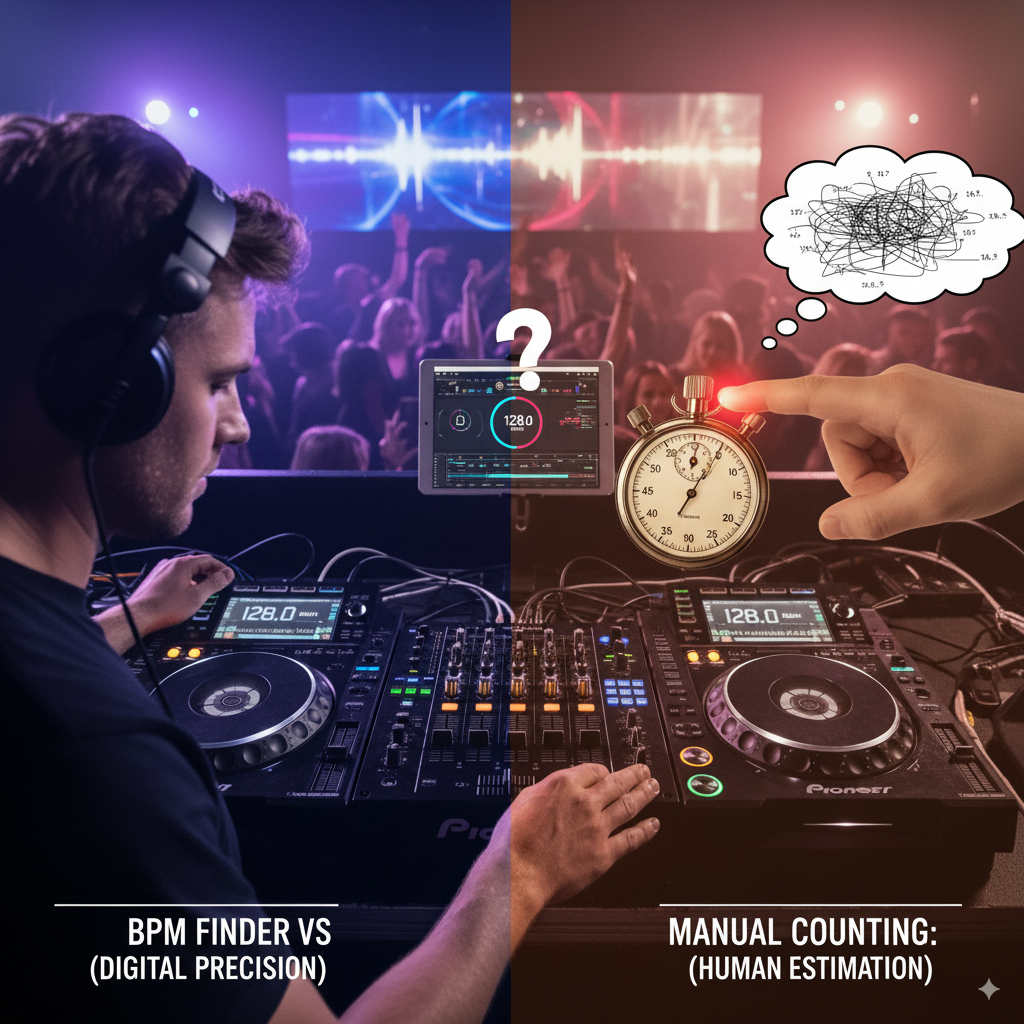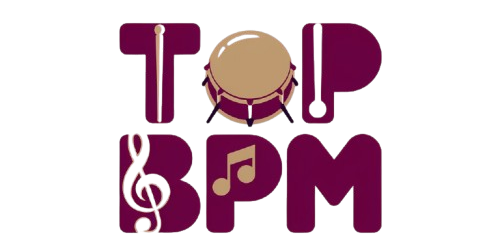
If you’ve ever sat with your headphones on, trying to tap along with the beat of your favorite track, you’ve already been part of the world of BPM. Beats per minute (BPM) is the simple measure of tempo in music. DJs, producers, and even casual listeners use BPM to create smooth mixes, train for workouts, or just understand the energy of a song. The question that often comes up is: should you rely on manual BPM counting or use an online bpm tool to get accurate results? I’ve tried both over the years, and what I’ve found might surprise you.
What is Manual BPM Counting?
Manual counting is as old-school as it gets. You listen to a track, pick a section, and literally count the beats for 15 or 30 seconds, then multiply to calculate the bpm. Many DJs learn this way because it trains the ear and sharpens the rhythm sense. It doesn’t require any software just focus and practice.
Pros
- Helps improve your ear for rhythm and timing.
- Builds a natural instinct for beat matching.
- Useful in situations where no internet or tools are available.
Cons
- It can be tiring and inconsistent, especially with complex tracks.
- Human error often creeps in count too fast or too slow, and your average bpm will be off.
- Not practical for large playlists or when you need quick results.
What is a BPM Finder?
On the other hand, a BPM Finder or tempo finder is a digital tool that does the work for you. These tools analyze the track and give you the bpm of a song in seconds. Some let you tap to bpm using your keyboard or screen to lock into the tempo manually. Personally, I use tap bpm, which has become one of the most reliable and Best tap BPM tool out there.
Pros
- Fast and highly convenient.
- Many tools act as both a bpm counter online and a tempo calculator.
- Great for DJs and producers who need to prepare mixes quickly.
- Can double as a tempo counter for workouts or even to check your heart rate by tapping along.
Cons
- Not all tools are created equal; some free apps or sites may misread complex rhythms.
- It doesn’t build your natural rhythm sense the way manual counting does.
- Sometimes, electronic glitches can cause slight inaccuracies.
Accuracy: BPM Finder vs Manual Counting
Now, here’s where things get interesting. Manual counting depends entirely on the person’s focus and timing. Even a slight distraction can throw off the count. With software-based tools, you’re relying on algorithms that calculate the bpm with precision. In my experience, high-quality tools like tap bpm or other tap tempo online counters are far more consistent.
However, manual counting still has its charm. For example, in tracks with tempo changes, a trained ear can pick up shifts that some tempo online calculators might average out. On the flip side, for straightforward tracks, nothing beats the efficiency of a good bpm counter or tap for bpm tool.
Which One Should You Use?
The best choice depends on what you need. If you’re a beginner DJ, I’d say start with manual counting because it forces you to connect deeply with the rhythm. Over time, that instinct becomes second nature and helps with smooth beat matching. But when you’re handling large playlists, editing, or simply curious about the bpm of a song, going digital saves time.
I personally rely on tap bpm as my go-to bpm counter online. It’s quick, accurate, and versatile. It even works as a tempo calculator or tap tempo tool when I want to double-check something. Whether you’re prepping for a live set or just organizing a playlist, it’s easily the most efficient way to calculate the bpm without stress.
Conclusion
So, which is more accurate: manual counting or a BPM Finder? In pure numbers, digital tools win hands down. But when it comes to building musical instinct and rhythm, manual counting still has value. The truth is, you don’t need to pick one over the other. Use both. Train your ear with manual counting, but let smart tools like tap bpm handle the heavy lifting when speed and accuracy matter most.
At the end of the day, music is about flow and connection. Whether you’re counting beats yourself or using a tap tempo online tool, what matters is how you use that knowledge to enhance your craft. And in my own journey, having both skills has made me a better listener, mixer, and creator.
